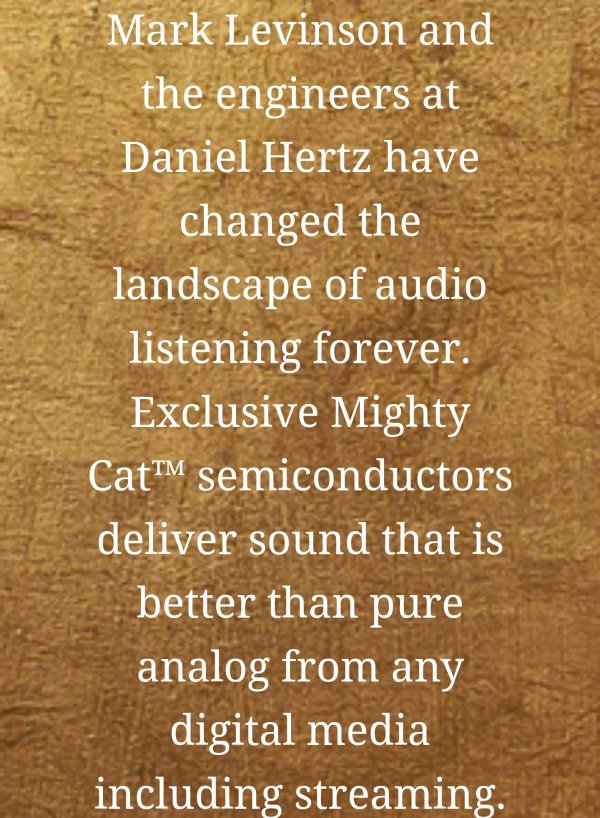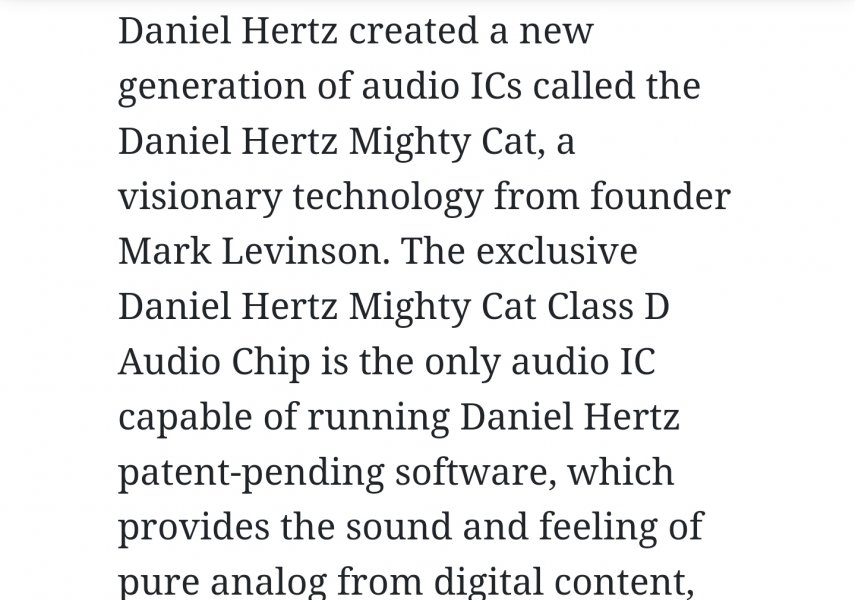YouTube Channel
Mono and Stereo - Senior Contributing Reviewer
Dealer for Clarisys Audio
Purchasing Disclosure: As an industry influencer I am privileged to have purchased my components at accommodation discounts, typically 40% off of MSRP. I have the Innuos Pulsar on long-term loan courtesy of Innuos. The VTLs I purchased used. I paid full MSRP for the Gryphon Pendragon loudspeaker system.
TURNTABLE: Brinkmann Balance; RoNt III;
TONEARM: Reed 5T;
CARTRIDGE: Air Tight Opus 1;
TAPE: Studer A820;
STREAMER: Innuos PULSAR and UpTone EtherREGEN;
DAC: Lampizator Baltic 4;
PHONO STAGE: Aesthetix Io Eclipse;
LINE STAGE: Aries Cerat Incito S;
AMPLIFIER: Mastersound PF100 Litz, VTL Siegfried II;
LOUDSPEAKERS: Clarisys Studio Plus, Gryphon active woofer towers;
INTERCONNECT CABLE: Cardas Clear Beyond, Cardas Clear Reflection;
SPEAKER CABLE: Purist Audio Design Musaeus;
POWER CABLE: Cardas Clear Beyond XL, Iconoclast BAV;
POWER: dedicated sub-panel, JPS in-wall, chemical grounds;
STANDS: HRS M3X2, PBN Audio turntable stand, Adona Zero GXT1N, Butcher Block Acoustics Double B;
ROOM: 20' wide X 24' long X 14' tall;
ACOUSTIC TREATMENT: PSI AVAA, ASC TubeTraps, ASC MatrixPanel;
WOO-WOO: Shakti Stones, Saraswati













